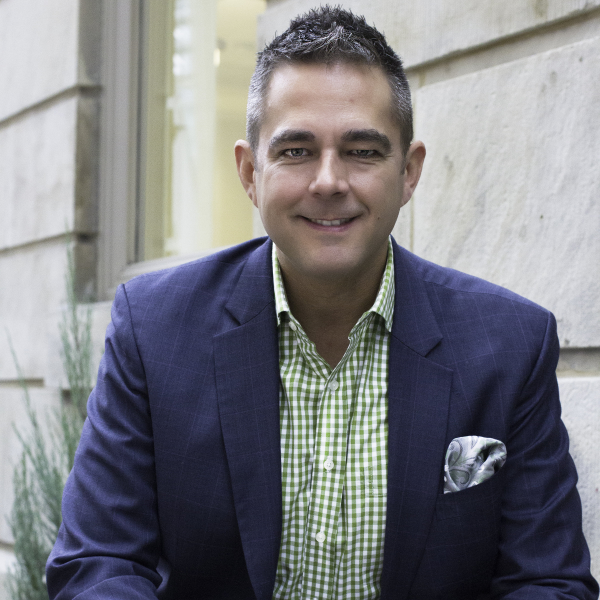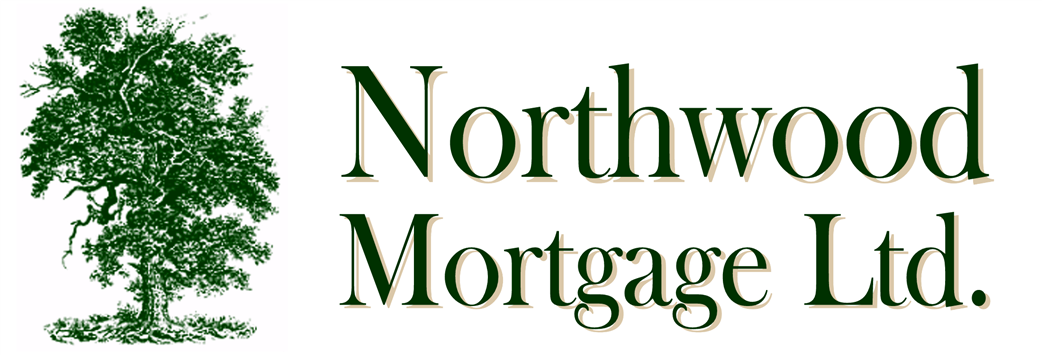
Jason Kay
Mortgages and Condo Conversions
10/2/2015
One of my favourite adages in the real estate business is "they aren't building land anymore". This is a great metaphor to explain the huge home price increases we have seen the past few years. It's also why I tell my clients in Toronto that buying a house with a backyard is a great investment! I point to this adage when explaining the boom in condo construction. Simply, there isn't enough land and not enough houses. People need a place to live close to work that has some transit options. If they can't find a house, than a condo may be a good viable option.
We Have seen lots of activity in Toronto over the years revolving around the conversion of rental apartments to condominiums. It's an investment strategy for those building owners to liquidate an assets at often times at a bigger profit multiplier than simply selling the building. This post starts to explore what does it mean when a building is "converted" and more importantly are there mortgage issues relating to these conversions?
A building is converted when the ownership is transferred to a condominium corporation. To do this in Ontario, the owner of the building must meet many requirements before the condominium structure is approved by the province. I'm not going to go into the legal details, but one important step is the establishment of a reserve fund.
A reserve fund is a pool of money established for the future maintenance needs of the building. Mostly it deals the the costly capital expenditures required to keep the building in good repair. Think new roofs, re-surfacing of parking lots, upgrading of fire sprinklers, etc. Things that cost a lot of money - millions of dollars for big buildings! The reserve fund is established using calculations set forth by the regulators, and then part of your condo fees go towards the strengthening of the fund. Your condo fees aren't just to pay for the security guard at the front door, and new plants outside!
Looking at how much the buildings condo fees is an excellent indication of the "health" of the reserve fund. These fees that are established/increased by the condo board are not only for day to day costs, but also future major capital fixes, like a new roof. High fees mean extra services, or more likely in older building a higher allocation to the reserve fund.
Condo boards on a semi regular basis hire engineers and contractors to look at the building and estimate the "economic life" of major systems and the cost to replace them. Using the roof example again, the condo board knows how much more "life" the roof has before it needs to be replaced, and how much it's going to cost to replace it. They then will start budgeting for the repair many years before it needs to be done. Reviewing the condo board minutes (which tell you expected future repairs), and the value of the reserve fund indicates if there is enough money to cover these expected repairs. A "healthy" fund has enough money.. A fund that is in trouble is considered to be "under capitalized", meaning not enough money has been set aside for expected repairs. Your lawyer will review these documents and let you know what kind of shape the condo board and its reserve fund are in.
When a fund is "under capitalize" this is a serious issue. What does it mean for an expected buyer? Expect higher condo fees in the future, or a one time assessment where all owners need to come up with an extra chunk of money. If a new roof is going to cost $500,000 and there is only $200,000 available in the fund, it's you and your fellow owners that need to come up with shortfall. If there are 100 units, that and extra $3,000 cheque you will be writing! You can imagine how High these assessments can become when multiple things need to be fixed/replaced in a short time frame.
What does it mean for your mortgage lender? Remember they are lending on the "security" of the building, as well how easy it would be for them to sell the unit it they have to. A building with a bad roof isn't as valuable. A building with high fees won't sell as quickly. All in all, an under capitalized reserve fund is probably the riskiest thing for them. Expect to have some serious issues getting a mortgage.
So why is this so important with condo conversions? Simply put, older buildings need more repairs. More repairs mean higher fees, and a higher chance of extra one time assessments. They are simply less desirable and pose a higher financial risk. So why do people buy conversions? Price! Always remember that sometimes a deal that seems too good to be true probably isn't. Yes you can still buy a condo conversion in Toronto for $125,000! You can imagine the state of repair of the building, and the the "health" of the condo reserve fund. One recent example saw condo fees for a one bedroom unit being $820 a month. Pretty high for a $120,000 unit.
I'm going to leave the question of "is this building a good deal" to the real estate and legal experts on your home buying team. However, as your mortgage advsior, I need you to know what to expect. As a general rule of thumb, I tell my clients two things when looking at a condo in Toronto. One, if the pice is under $250,000, this "may" mean there are issues with the overall value of the building and its fund. Second, any condo fee over $0.75 per square foot is going to give you problems. For conversions, the number in my experience is closer to $0.50. You get what you pay for.. Extra services like a concierge, guest suite, pool, gym, etc. will obviously mean higher fees. But if you see higher fees and no extra services, that's your indication reserve fund issues!
Lenders will really start to question high condo fees. Expect that they will want to review condo documents before an approval.
Here is a well know secret.. Our mortgage insurers in Canada (CMHC, Genworth, Canada Guarantee) review condo building on a regular basis, and keep detailed lists on buildings that have reserve fund issues. Banks have access to these lists and then come up with there own "do not lend on" lists of buildings.
When you are looking at a condo conversion to buy, the first thing I do is contact the insurers to see if they will "insure" that building. I will then speak to some banks to see if they will lend on that building. If we are good, I will tell you that. You still have to decide if the condo fees are "worth" what you are getting, and your lawyer still needs to review and approve the condo documents. If one of the insures says "no we have concerns with that building", then options become limited. Expect that not all banks and lenders will lend on that building; meaning you may not qualify for the lowest rates out there. Also expect that you may need to come up with a higher downpayment.
Regardless of the building, you will get approved... But at what price?
I'm one recent case, only one "Big Bank" was lending in a particular building. My client ended up paying a higher rate (extra 20 bps) because that bank knew there was no competition. In another case, no big bank was lending in a building. This meant my client had to go with a private mortgage with 35% down payment and a 9% rate. Was it still a good "deal" for them? Yes, because the mortgage payment and condo fees were still lower than there current rent.
The vast majority of condos in Toronto are perfectly fine. Just beware when you see high condo fees combined with a low selling price. Ask your realtor about the condo reserve fund. Speak to your mortgage professional about that particular building. It's always best to know if there will be any issues, and options to over come; before you put in that offer.
This is an exciting time looking for your home. Let's work together to make it a smooth process.
Jason




























